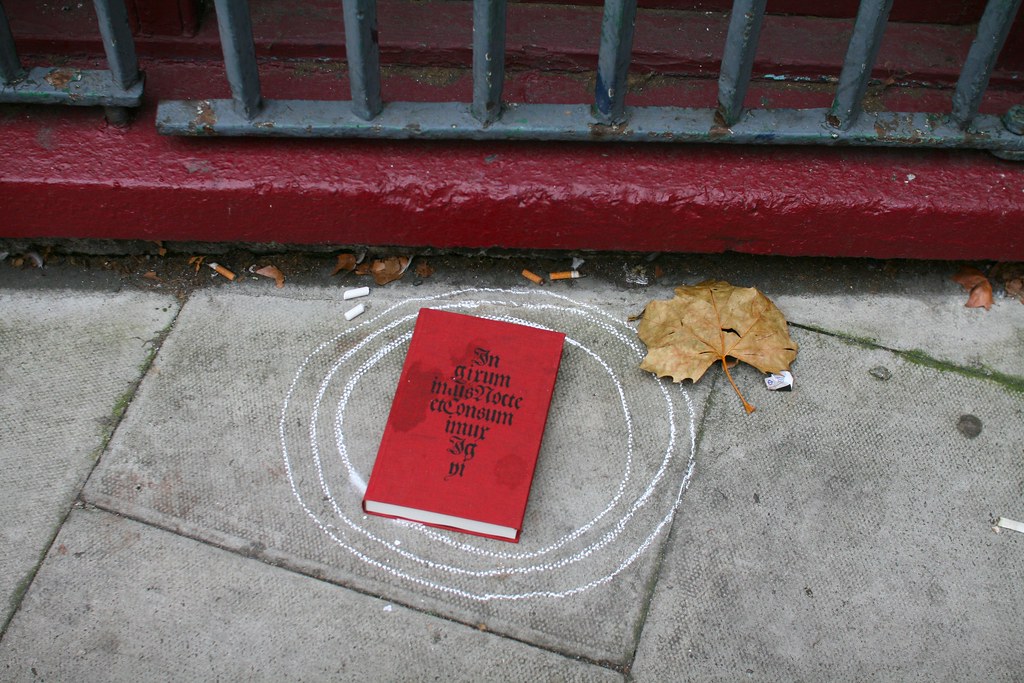On her blog Sara Hendren gives this very sound advice for PhD students:
“Write a fake first page, two ways. I studied with a prolific historian who, at the outset of a new book project, would write a fake first page. You tell yourself: I don’t know what this book is really about, but if I did know, it would be about these [claims, central arguments, big-idea contributions]. The fake first page is made of fictions! But they’re useful. They scope the territory. They narrow the reading and research you’ll do, which will otherwise be truly endless. A fake first page gets the project running. And that first form is for the academic portion of the work, the thesis paper.
But you should also write a fake first page that is the introduction talk for your thesis presentation, assuming that there will be very smart but wholly uninformed attendees there. This fake page will be how you’d welcome folks to your idea, and it forces you to distill the heart of your work in plain language. Both kinds of pages matter. Your self-understanding of the work will grow dimensional and sharper when you cultivate these two languages. And if you won’t have that outside observer at your thesis presentation, take up that much-recommended mental model offered by writers for a long time: Think of being on a long train ride with a friendly stranger at your side, both of you gazing out the window.* What would you tell this companion about your work? Where would you start, and how would you make it the most vivid version of itself?”
Why blogging this? Fascinating recommendation, makes me think of our design fiction approach at the laboratory. Treating a writing project (or any project) like this can be quite relevant and offer and interesting perspective to move things forward. Good tactic.
 Kenneth Goldsmith's 'Uncreative Writing" was certainly the best book I've read so far in 2013. It's basically about techniques, which are traditionally thought to be unrelated with literature (word processing, databasing, recycling, appropriation, intentional plagiarism, identity ciphering, the Internet of Things), inspire the reinvention of writing. The author presents and discusses the tactics he put in place in a class he taught at the University of Pennsylvania.
Kenneth Goldsmith's 'Uncreative Writing" was certainly the best book I've read so far in 2013. It's basically about techniques, which are traditionally thought to be unrelated with literature (word processing, databasing, recycling, appropriation, intentional plagiarism, identity ciphering, the Internet of Things), inspire the reinvention of writing. The author presents and discusses the tactics he put in place in a class he taught at the University of Pennsylvania.